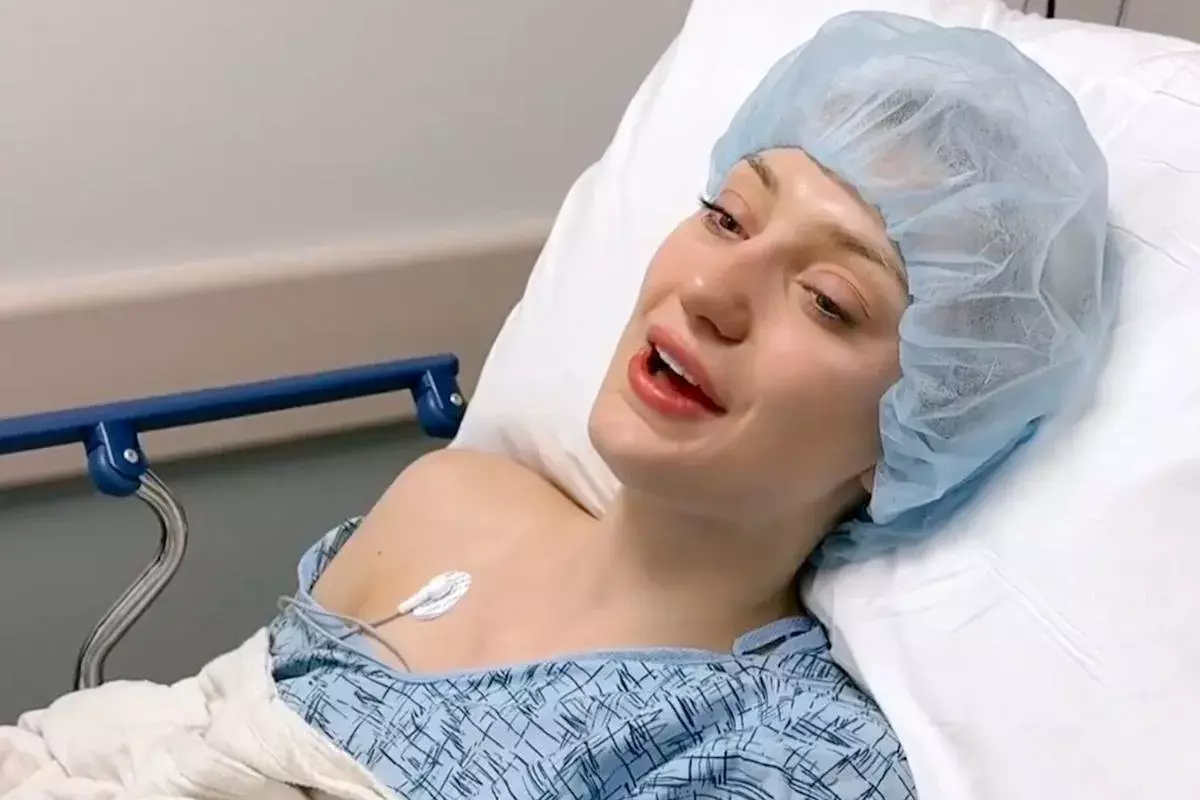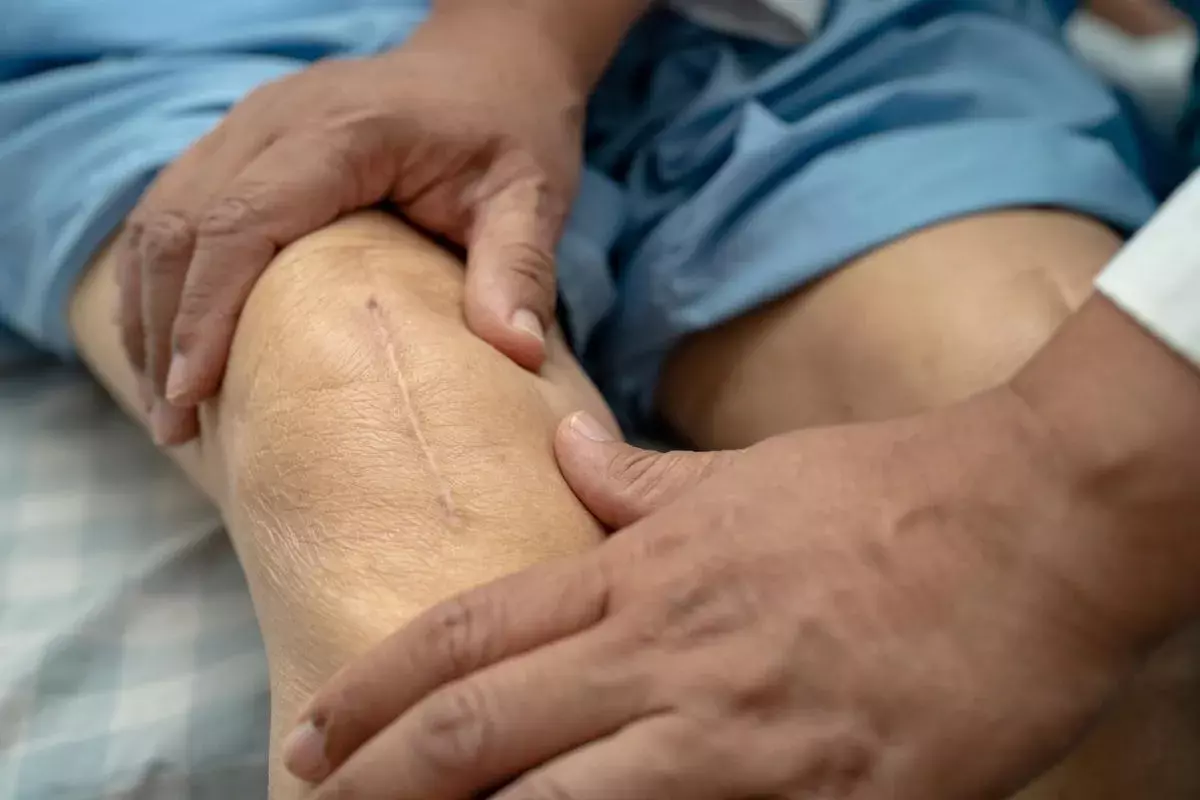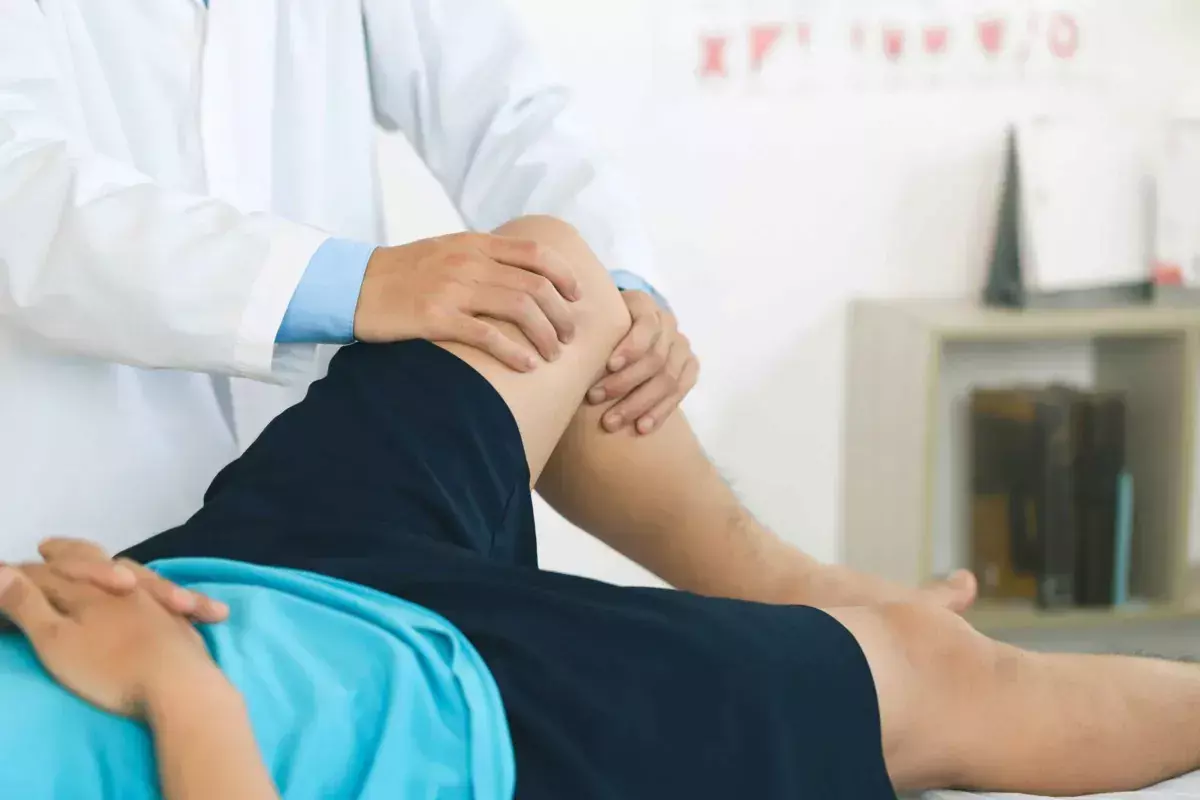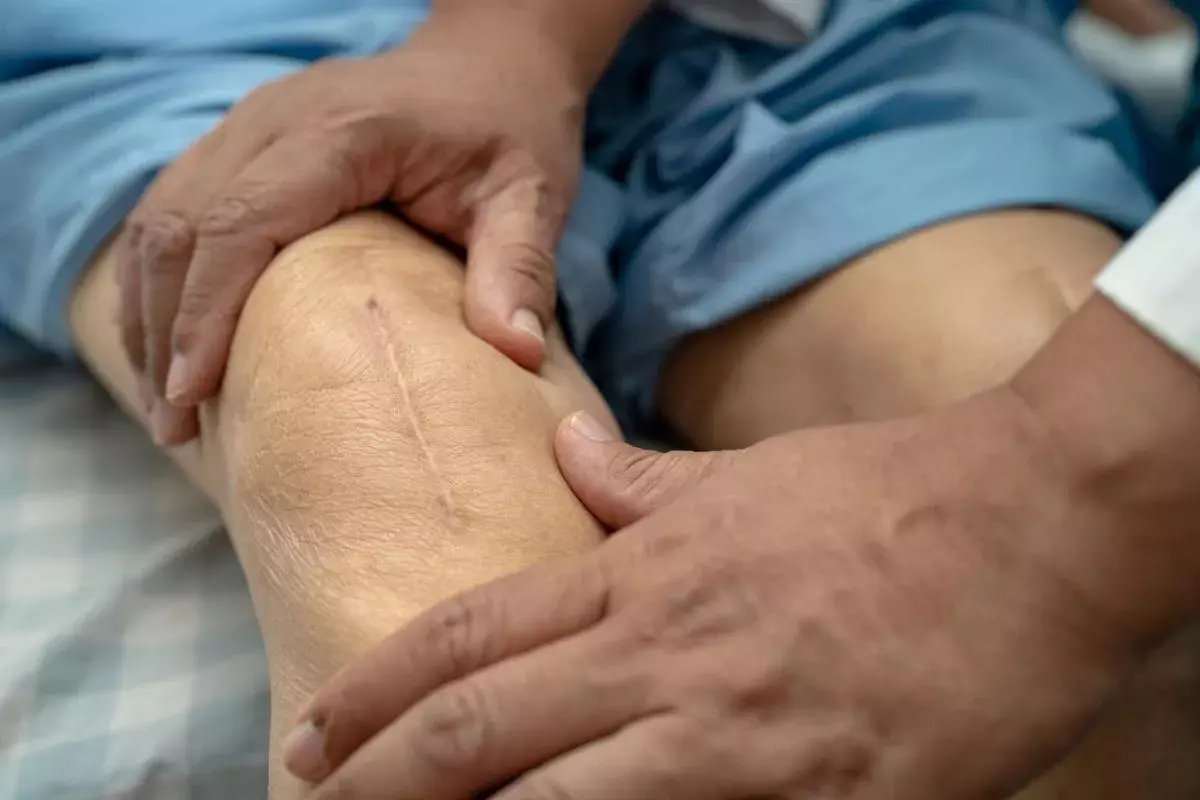
Gastrointestinal disorders can be sudden or long-lasting and often need quick medical help. Some gastro intestinal issues, like colorectal and pancreatic cancers, and complicated hernias, usually need surgery.
At LIVHospital, we stress the need to know about these disorders and how surgery helps treat them. Thanks to new surgical methods, like minimally invasive and robotic procedures, patients are doing better and recovering faster.
We use modern stomach surgery and intestinal surgery techniques to give our patients the best care. This ensures they have a quicker and smoother recovery.
Key Takeaways
- Colorectal and pancreatic cancers often require surgical intervention.
- Advanced surgical techniques improve patient outcomes.
- Minimally invasive and robotic surgeries enhance recovery rates.
- Gastrointestinal disorders can be acute or chronic.
- Surgical treatment is key for complicated hernias and severe inflammatory bowel disease.
Understanding Gastrointestinal Disorders and Surgical Necessity
When other treatments don’t work, knowing when surgery is needed is key. The term “gastrointestinal” means the digestive system, from mouth to large intestine. GI disorders affect these organs in many ways.
In medicine, “GI” stands for gastrointestinal. Knowing this is vital for both patients and doctors. It helps in diagnosing and treating digestive system issues.
When Conservative Treatment Is No Longer Effective
First, doctors try non-surgical treatments for GI problems. But if these don’t work, surgery might be needed. For example, surgery can fix damaged parts of the digestive tract in Inflammatory Bowel Disease.
Choosing surgery is a big decision. It’s made after trying other treatments. The aim is to improve the patient’s life. The type of surgery depends on the condition and how severe it is.
Key scenarios where surgery becomes necessary include:
- Failure of conservative management to control symptoms
- Development of complications such as perforation, obstruction, or abscesses
- Cancer or precancerous conditions
The Decision-Making Process for Surgical Intervention
Deciding on surgery involves a team of doctors. They look at the patient’s health, the GI disorder’s severity, and the surgery’s benefits and risks.
“Surgical intervention is considered a critical component of the treatment plan for various GI disorders, providing significant symptom relief and improving quality of life.”
We talk to patients about their surgery options, expected results, and possible risks. This helps them understand and prepare for their treatment.
Understanding surgery’s role in treating GI disorders helps patients make informed choices. Our goal is to offer caring, expert care tailored to each patient’s needs.
Gastrointestinal Cancers Requiring Surgical Resection

Surgery is key in treating gastrointestinal cancers. It offers a chance for many patients to be cured. Cancers like colorectal, pancreatic, and esophageal need a team effort to treat. Surgery is the main way to cure these cancers, even with risks of death and complications.
We will look at the different types of gastrointestinal cancers needing surgery. We’ll talk about the challenges and things to consider for each.
Colorectal Cancer: A Common GI Malignancy
Colorectal cancer is very common. Surgery is the main treatment for early stages. The type of surgery depends on the tumor’s location, stage, and the patient’s health. Newer surgeries like laparoscopic and robotic-assisted ones aim to reduce recovery time and complications.
- Early-stage colorectal cancer may be treated with minimally invasive surgery.
- Advanced cases might require more extensive surgical procedures, including the removal of affected lymph nodes.
- Adjuvant therapies, such as chemotherapy and radiation, are often used in conjunction with surgery.
Pancreatic Cancer: A Surgical Challenge
Pancreatic cancer has a poor prognosis, mainly because it’s often diagnosed late. Surgery is complex and involves removing the tumor and affected tissue. The decision to have surgery depends on the tumor’s location, size, and spread.
- The Whipple procedure is a common surgical technique used for pancreatic cancer.
- Surgery is often combined with chemotherapy and/or radiation therapy.
- Minimally invasive surgical techniques are being explored to reduce recovery times.
Esophageal Cancer: Complex Surgical Considerations
Esophageal cancer needs a specialized surgical approach. The esophagus is delicate and important for digestion. Surgical removal of the tumor and reconstruction are needed. The complexity of esophageal surgery requires a highly skilled team.
- Surgical techniques vary depending on the tumor’s location and the patient’s condition.
- Minimally invasive esophagectomy is becoming more prevalent, with less morbidity.
- Postoperative care is critical for managing complications and recovery.
Inflammatory Bowel Disease: When Surgery Becomes Inevitable
Surgery is a key option for people with inflammatory bowel disease (IBD) who don’t get better with medicine. IBD includes Crohn’s disease and ulcerative colitis. These conditions can really hurt a person’s quality of life.
If medicines and lifestyle changes don’t work, surgery is needed. Doctors carefully decide if surgery is right for each patient. They look at how bad the disease is and how it affects the patient.
Crohn’s Disease: Surgical Indications and Approaches
Crohn’s disease can affect any part of the gut, from mouth to anus. Surgery is often needed for problems like narrow intestines, fistulas, or abscesses.
Surgical methods for Crohn’s disease might include removing the bad part of the intestine. This is called resection. The goal is to ease symptoms, improve life quality, and maybe even cure the disease.
Ulcerative Colitis: Curative Surgical Options
Ulcerative colitis (UC) only affects the colon. Unlike Crohn’s, UC can be cured with surgery. The main surgery for UC is removing the colon and rectum and making a pouch from the ileum for stool.
This surgery gets rid of the sick part of the gut but keeps bowel function normal. It helps patients live a better life.
Choosing surgery is a big decision. It involves weighing the good and bad sides. Our team is here to help IBD patients. We aim to give them the best care and support.
Hernias and Structural Disorders of the Gastrointestinal System
The gastrointestinal system can face many structural issues, like hernias, which might need surgery. These problems can really affect someone’s life quality. If not treated, they can cause serious health issues.
Types of Hernias Requiring Immediate Surgical Repair
Hernias are common problems in the gastrointestinal system. There are several types that need surgery right away:
- Inguinal Hernias: These happen when part of the intestine bulges through a weak spot in the abdominal muscles.
- Umbilical Hernias: These appear around the navel, more often in babies but can also happen in adults.
- Incisional Hernias: These form through a scar or cut in the abdominal wall from past surgery.
These hernias can lead to serious issues like bowel obstruction or strangulation. Experts say it’s very important to get them treated quickly to avoid worse problems.
“Surgical repair of hernias is often necessary to alleviate symptoms and prevent potentially life-threatening complications.”
” American Hernia Society
Complications and Risks of Delayed Treatment
Waiting too long to treat hernias can make things worse. Some serious problems include:
- Bowel Obstruction: A blockage in the normal flow of intestinal contents.
- Strangulation: A serious issue where the blood supply to the herniated tissue is cut off.
- Incarceration: A condition where the hernia gets trapped and can’t be pushed back into the abdomen.
It’s key to get surgery early to avoid these risks. Quick diagnosis and treatment can greatly improve how well a patient does.
In summary, hernias and other structural issues in the gastrointestinal system are serious. They often need surgery. Knowing about the different types of hernias and the dangers of waiting too long to treat them is vital for managing these problems well.
Advanced Minimally Invasive Gastrointestinal Surgery Techniques
Technology has changed gastrointestinal surgery for the better. Now, patients recover faster, feel less pain, and have fewer complications. This is thanks to new, advanced techniques.
Laparoscopic and Robotic Surgical Approaches
Laparoscopic surgery, or keyhole surgery, is key in modern GI surgery. It uses small cuts for a camera and tools to do the surgery. This method causes less damage and helps wounds heal quickly.
Robotic surgery goes beyond laparoscopy with robotic systems. These systems offer better control and precision. They have high-definition 3D vision and special tools for more precise work. A study in the Journal of Gastrointestinal Surgery found robotic surgery cuts down on complications and improves results.
“Robotic surgery represents a significant advancement in the field of minimally invasive surgery, allowing for more precise and controlled procedures.”
A famous medical Surgeon
AI-Assisted Endoscopy and Surgical Innovations
AI is changing endoscopy too. It helps doctors spot problems early and more accurately. AI looks at images in real-time, catching things humans might miss.
- Enhanced diagnostic precision
- Early detection of gastrointestinal conditions
- Personalized treatment plans based on AI-driven insights
As we keep innovating in GI surgery, we can do even more for patients. We’re dedicated to leading in these advancements. This way, our patients get the best care possible.
Post-Surgical Outcomes and Quality of Life
Patients often wonder about their recovery after GI surgery. It’s important to know what to expect. This knowledge helps both patients and doctors to provide the best care.
Managing Complications: Statistics and Prevention
Complications after surgery can affect a patient’s recovery and life quality. Issues like infection and adhesions are common. A study on the PMC website shows that managing these complications well is vital for better outcomes.
Effective strategies for managing complications include:
- Close monitoring of the patient’s condition post-surgery
- Early intervention for any signs of complications
- Personalized care plans tailored to the patient’s specific needs
Long-Term Prognosis After Major GI Surgery
The long-term outcome after major GI surgery varies. It depends on the condition, the patient’s health, and the surgery type. For many, successful surgery improves their life quality, letting them do normal activities again.
But, some may face long-term effects, like bowel changes or nutritional issues. We help our patients manage these by monitoring their condition and adjusting their care plans.
Every patient’s recovery journey is unique. By focusing on managing complications and understanding long-term outcomes, we aim for the best results together.
Conclusion
We’ve looked at how surgery helps treat many gastrointestinal problems, like cancers and structural issues. Using advanced techniques and giving full care is key to better results in GI surgery.
Timely action and good management are vital in GI surgery. For cancers, surgery is a main treatment. For inflammatory bowel disease and hernias, surgery helps avoid serious problems.
New ways to do surgery, like laparoscopic and robotic methods, have made recovery faster and safer. As we keep improving, we’ll help more patients get better after GI surgery.
To wrap it up, surgery is very important for treating GI disorders. Our talk has given a detailed look at GI surgery. Knowing about GI diseases and surgery options helps us improve care and results for patients.
FAQ
What is gastrointestinal (GI) surgery?
When is surgery necessary for gastrointestinal disorders?
What types of GI cancers require surgical resection?
What are the surgical options for managing inflammatory bowel disease?
What are the benefits of minimally invasive GI surgery techniques?
What are the possible complications after GI surgery?
How do advanced surgical techniques impact patient outcomes?
What is the long-term prognosis after major GI surgery?
What is the role of surgery in managing hernias and structural disorders of the GI system?
References
- National Institute of Diabetes and Digestive and Kidney Diseases (NIDDK). (2019, July 31). Digestive diseases. https://www.niddk.nih.gov/health-information/digestive-diseases










